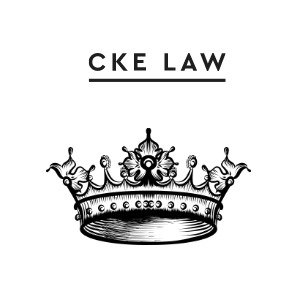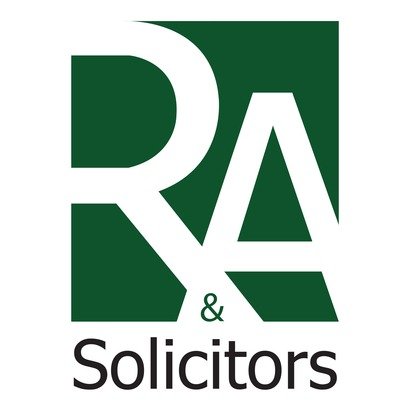Best Probate Lawyers in Manchester
Share your needs with us, get contacted by law firms.
Free. Takes 2 min.
List of the best lawyers in Manchester, United Kingdom
About Probate Law in Manchester, United Kingdom
Probate law in Manchester pertains to the legal and financial affairs of a deceased person. It is the process of dealing with their estate, including assets, liabilities, and property distribution to loved ones. The system of probate officially appoints an executor (usually named in the will) or an administrator if no will has been maintained. The process involves assessing the value of the estate, paying any debts, and distributing the remaining assets in line with the will or in accordance with UK intestacy laws when a will is absent.
Why You May Need a Lawyer
Engaging a probate lawyer can be helpful in numerous situations. Interpreting the will, ensuring legal compliance in valuing and distributing the estate, and handling claims against the estate are all advanced legal proceedings that could require professional help. Legal assistance could prove especially valuable if the estate includes extensive properties, significant debts, or international assets, or if the will is complex and contested. A lawyer could also advise you on how to reduce inheritance tax and expedite the probate process.
Local Laws Overview
The probate laws in Manchester are the same as those across England and Wales. When someone dies, their property, money, and possessions are tied into what is termed their 'Estate.' If the deceased person left a will, it would name one or more executors who apply for either a Grant of Probate or Letters of Administration with Will to administer the estate. If there is no will, a court will appoint an administrator, who will then apply for Letters of Administration. The rules for intestacy govern the distribution of assets when there's no will; generally, it is provided to the immediate next of kin.
Frequently Asked Questions
What is the probate process?
The probate process starts with establishing the estate's value, repaying any debts, and dividing the leftover assets according to the deceased's will or the national intestacy rules, if there's no will. A Grant of Representation may be needed to confirm the legal status of the executor/administrator.
How long does probate take?
Probate can take between six and nine months to complete, but it may take longer if the estate is complex or if there are any disputes.
What happens if there is no will?
If there is no will, the intestacy laws of England and Wales dictate the asset distribution. Usually, the nearest relative (like a spouse or children) stands to inherit the estate.
Is it necessary to go through probate?
Not all estates require probate. It depends on the types and value of the assets. Usually, small estates without property or significant amounts of money might not require probate.
Are there any taxes applicable during Probate?
Yes, inheritance tax may be levied on the estate, which is payable before the Grant of Representation is issued.
Additional Resources
For additional support and information, you can refer to the GOV.UK probate application forms and guidance or the Citizens Advice guide. Legal aid schemes may be available for those who cannot afford a lawyer.
Next Steps
If you need legal assistance in probate matters, the first step is to seek advice from a professional probate lawyer or a licensed solicitor. The Law Society of England and Wales can provide a list of qualified professionals, or you can engage a law firm specialising in probate.
Lawzana helps you find the best lawyers and law firms in Manchester through a curated and pre-screened list of qualified legal professionals. Our platform offers rankings and detailed profiles of attorneys and law firms, allowing you to compare based on practice areas, including Probate, experience, and client feedback.
Each profile includes a description of the firm's areas of practice, client reviews, team members and partners, year of establishment, spoken languages, office locations, contact information, social media presence, and any published articles or resources. Most firms on our platform speak English and are experienced in both local and international legal matters.
Get a quote from top-rated law firms in Manchester, United Kingdom — quickly, securely, and without unnecessary hassle.
Disclaimer:
The information provided on this page is for general informational purposes only and does not constitute legal advice. While we strive to ensure the accuracy and relevance of the content, legal information may change over time, and interpretations of the law can vary. You should always consult with a qualified legal professional for advice specific to your situation.
We disclaim all liability for actions taken or not taken based on the content of this page. If you believe any information is incorrect or outdated, please contact us, and we will review and update it where appropriate.









